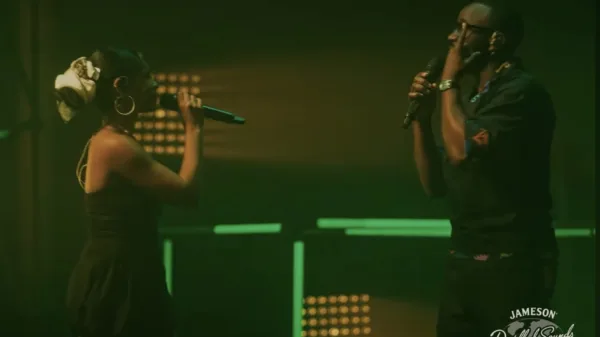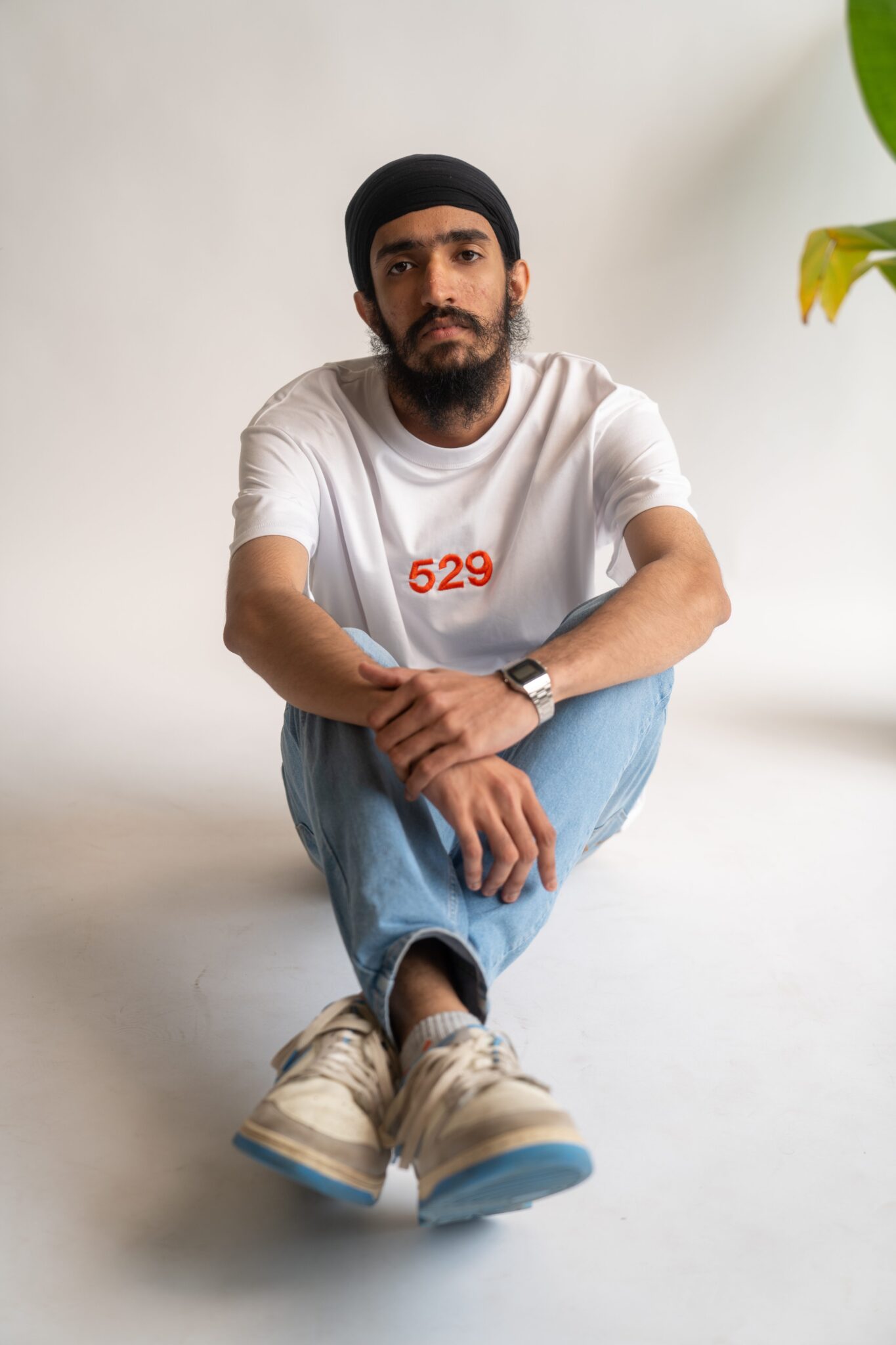For artists and professionals in the Indian independent scene, Pritpal Sudan is a familiar name—based in Mumbai, the young musician has through the years made quite a name for himself as a producer. As with most involved with production, Sudan has perceivably harboured his personal artistic ambitions, and it seems that the fairly young artist is finally ready to etch his mark on this country’s ever growing sonic landscape. The unfortunately familiar question—how original this work holds in the context of what can only be described as a rabid monotony in the aforementioned sonic landscape—is but an inevitable discussion with debut albums, and it would not be ill-advised to hold this as a critical touchstone for sudan’s (the artist-name is entirely in lowercase) sudan?.
It has been forever a widely common practice in global music for debut albums to be eponymous. With sudan?, a solid thirteen-track album spanning around 40 minutes, the Mumbai-based musician quite understandably wishes to establish his musical credo. “The album was in the works for just over two years,” mentions sudan, continuing to elaborate: “… but most of the process felt easy considering the whole purpose of the album was to sort of establish my sound as a solo act and I was in no hurry to rush that process.” Accruing experience as a composer and producer, what sudan calls his sound is naturally an amalgamation of projects previously undertaken in the aforementioned capacity; nevertheless, to his immense credit, the sprawling album is as poised as it is eclectic. Even on a perfunctory perusal of the album, the diversity of the host of influences that sudan derives from is readily apparent: elements range from Hip-Hop to mellow Electronica, and, brilliantly, the entirety of this range that might ordinarily seem to constitute a polarity is fused into coherence with the “intro” (the self-explanatory song title) of the album itself.

Onward, with a track like “spection” sudan establishes the primary genre of his album—and, self-admittedly, his sound—to be Electropop. However, the proclivity towards Pop being informed, as aforementioned, by a wide range of influences, the young musician quite astutely—and contrary to his claims of a “solo act”—welcomes an array of musicians to execute the album, resulting in artists like BENDI, L’nee Golay, Vavae and Lavi to join forces to what essentially results in the collaborative project that is sudan?. BENDI is the first one to feature in the album, with “dreaming”: with fast-paced beats that carry the brunt of an all-too-familiar pop sensibility, sudan lyrically and vocally injects the track into a hip-hop trajectory. It is important to hold this track in tandem with a track like “omg” or “can you?”, because despite the tonal differences between them, the lyrical commonality betrays sudan’s artistic adolescence. While instrumentally and vocally the musician excels, there is perceptible a predictable desire to portray recalcitrance, which in his relatively immature hands fails to exude the informed irreverence found, for example and not in the ulterior spirit of comparison, in the oeuvre of another Mumbai-based electronic outfit going by the name of Sky Rabbit (the band, incidentally, shot to fame and critical acclaim alike with the release of their eponymous debut EP).

Ironically, in a track left “untitled”, the experimentation underlying sudan? comes in full bloom. The arrangements in this approximately three-and-a-half-minute track are exemplarily sharp and succinct, creating with the measured phonetics what is possibly the standout track of the album. The album draws close with the lullabic outro that is “iiiii”; sudan here is at a somnambulant rest underscored by the soft and lamentful references to the titular first-person singular pronoun, spinning the yarns of a slow lovesong that is interpretable as both at odds with the disdain previously at display, and a desire to sign off on an emotion that he would want most to be associated with the facade of sudan?.
The nagging question that inexorably arises with eponymous albums quite obviously holds true with sudan’s sudan? as well: how far is art extricable from the artist? With the concept of musical eponymity having no viable analogue in any other art form (one never hears of an author naming their book after themself, for example), the question remains isolated in music and therefore due to discursive insulation, vividly unanswered. Here moreover, sudan problematises the issue further by wistfully adding the question mark at the end of his album title, the solitary punctuation made all the more more salient with its singularity and quite insistently hinting at a subconscious ambiguity and scepticism at play. This preface urges the listener to further prod away at the flux between the creator and the created and the compounding fact that the lyrics of the eleventh song—“trouble”—are not even written by him, but the co-artist on the track, LAVI (whose gorgeous vocals are primary on the track), does not do sudan any favours.
To hold sudan? as a promising debut album is to often walk a road askew. Undoubtedly, the arrangements and production are top notch, but to merely hold on to positives about the artist that were never in doubt (sudan’s acclaim hitherto garnered lay in the capacity of a producer) seems to do a disservice to both the artist and the consumer. Talking of lyrical derivativeness as a critic is often tantamount to courting allegations of didacticism, but it is an issue that nevertheless must be addressed, more so in the case of an artist who seems to have the rest figured out. As you, the reader, go on to give the album a listen, the contradictory elements aforementioned hopefully will not devolve into counterproduction; more importantly, hopefully, sudan’s next project will allow the musician to question his sound more than to deliver it.


























